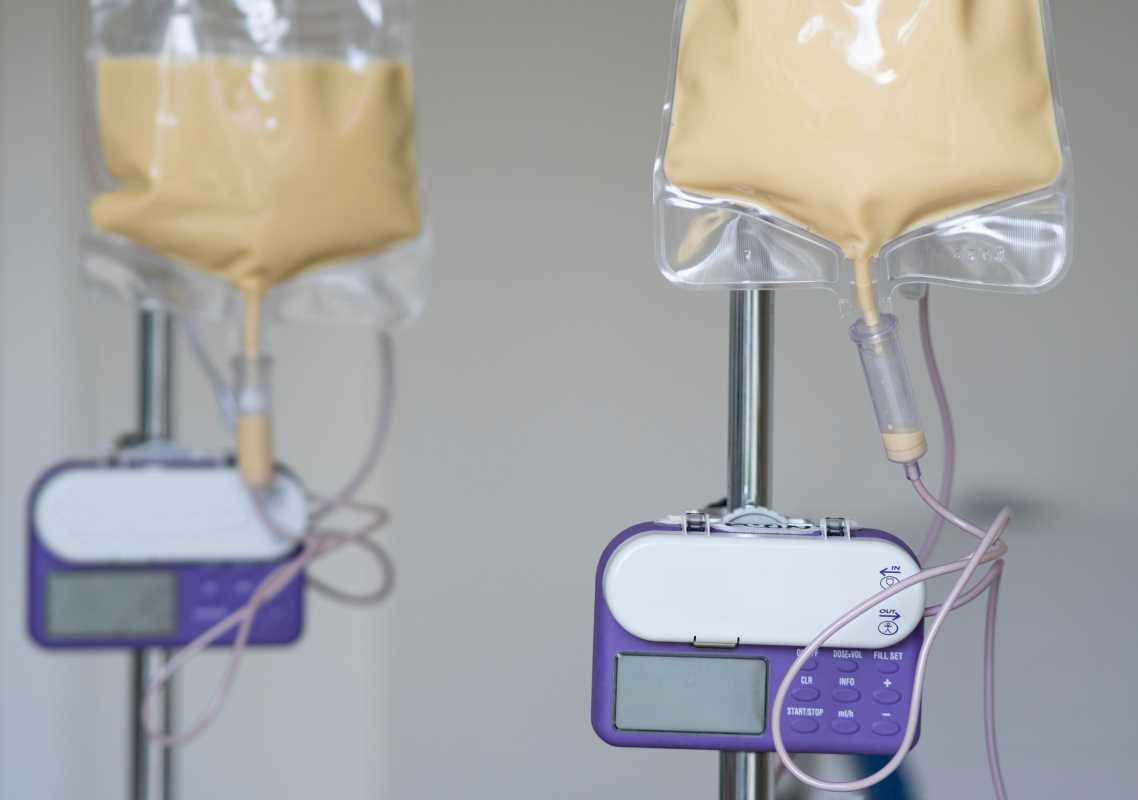Balancing care for both seniors and children is no easy task. Some families find themselves in what’s often called the "sandwich generation," where they’re responsible for both aging parents and young kids. It can be fulfilling, but it’s also exhausting. You may feel stretched thin, juggling appointments, school activities, and your own personal life. Even superheroes need a break, which is why respite care can be a lifeline for families who are caregiving for loved ones across generations.
This article will explore what respite care is, how it works, and how it can benefit families with both senior and pediatric care needs. Whether you’re new to caregiving or just feeling overwhelmed, respite care could be exactly what you need to better support your loved ones while also caring for yourself.
Respite care is a temporary form of support that gives caregivers a break from their day-to-day responsibilities. It’s like a safety valve for stress, offering short-term relief while ensuring your loved ones still receive the care they need.
Care can range from a few hours to several days or even weeks, depending on your family’s needs. Respite care can take place in your own home, a care facility, or through a trusted community program.
The goal of respite care is simple but powerful: to provide caregivers with time to recharge, maintain their own well-being, and return to their role feeling more balanced and refreshed. It’s not just about taking care of your loved ones; it’s about making sure you’re cared for, too.
Why Is Respite Care Helpful for Families?
Caring for both seniors and children can be uniquely demanding. Seniors may need help with medical care, mobility, or day-to-day tasks, while children require constant attention, nurturing, and support. These dual responsibilities can leave you feeling pulled in opposite directions. Respite care helps in several ways:
Prevents Caregiver Burnout
Caregiving involves a lot of physical and emotional effort. Without a break, you risk burnout, which can affect not only your mental health but your ability to provide quality care.
Improves Relationships
Feeling constantly drained can strain your relationships with family members. Taking time to recharge through respite care can help you be more present and patient with your loved ones.
Offers Specialized Support
Many respite care providers are trained to handle specific medical or developmental needs, ensuring that your loved ones are in good hands while you step away.
Gives You Time for Yourself
Whether it’s running errands, catching up with friends, or simply relaxing, having time for yourself is critical to maintaining your own mental health.
By allowing you to hit “pause,” respite care ensures you can return to your caregiving role with renewed energy and focus.
Types of Respite Care
Respite care comes in different forms, so you can choose an option that best fits your family’s needs. Here are the most common types available:
1. In-Home Respite Care
With in-home respite care, a caregiving professional comes directly to your residence to take over your responsibilities temporarily. This option is especially convenient for families since it allows loved ones to stay in their familiar environments.
An in-home caregiver can help with tasks like bathing, meal preparation, medication management, or even simply providing companionship.
2. Day Programs
Many communities offer adult day programs for seniors and day camps or programs for children with specific care needs. These programs allow you to drop off your loved ones for a few hours or the day, giving you time to handle other responsibilities. They also provide structured activities that engage and entertain, keeping your loved ones active and stimulated.
3. Overnight or Short-Term Facilities
Some care facilities provide short-term or overnight stays for elderly individuals or children with medical needs. You may use this type of service if you need an extended break or if you’re traveling and unable to provide care for a short period.
4. Emergency Respite Care
Life is unpredictable, and emergencies happen. Emergency respite care is a lifeline when unexpected events, like a family crisis or illness, keep you from being able to provide care.
How to Find Respite Care
Finding reliable respite care can feel overwhelming at first, but there are many resources available to help you get started. Here are some steps to guide you:
Talk to Your Doctor or Pediatrician
Both your loved one’s physician and your child’s pediatrician can often recommend care providers or programs tailored to their needs.
Contact Local Organizations
Many nonprofit groups or community organizations offer respite care services. For example, senior centers, disability advocacy groups, or parenting organizations can be great places to start.
Explore Online Directories
Websites and online directories often list local respite care options. Some even provide reviews and ratings to help you choose a provider you can trust.
Ask for Referrals
Recommendations from friends, family, or fellow caregivers can often lead to trusted, high-quality providers.
Remember to thoroughly vet your respite care providers. Ask about their qualifications, background checks, and experience in working with individuals who have needs similar to your loved ones.
The Cost of Respite Care
The cost of respite care varies widely depending on the type of care, location, and length of service. However, there are programs and financial assistance options available to help offset costs, such as:
Government Programs
Medicaid, Medicare, or veteran assistance programs may cover some respite care services.
Insurance
Certain health insurance plans offer coverage for respite care, particularly if it’s deemed medically necessary.
Nonprofit Grants
Some nonprofit organizations provide funding or scholarships for families in need of respite care.
Sliding Scale Fees
Many organizations adjust fees based on income, ensuring that families with financial constraints can still access services.
By doing some research and seeking out available support, respite care can become an affordable solution rather than an added burden.
 (Image via
(Image via





